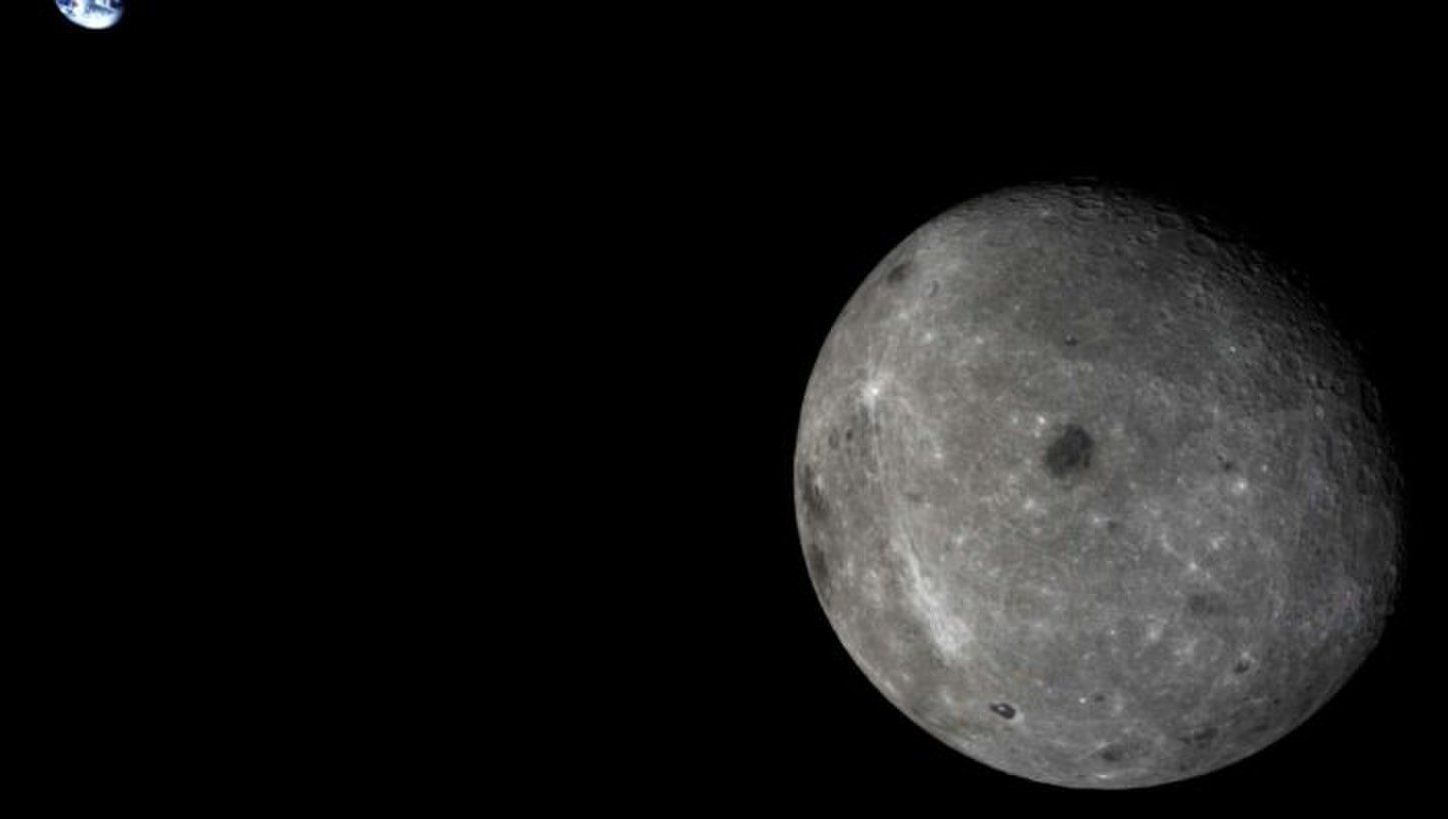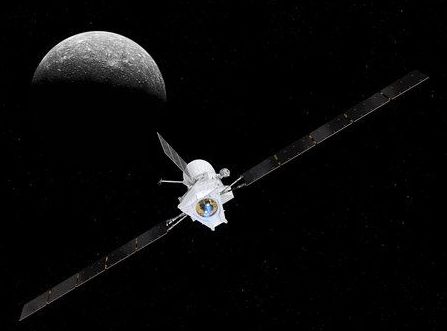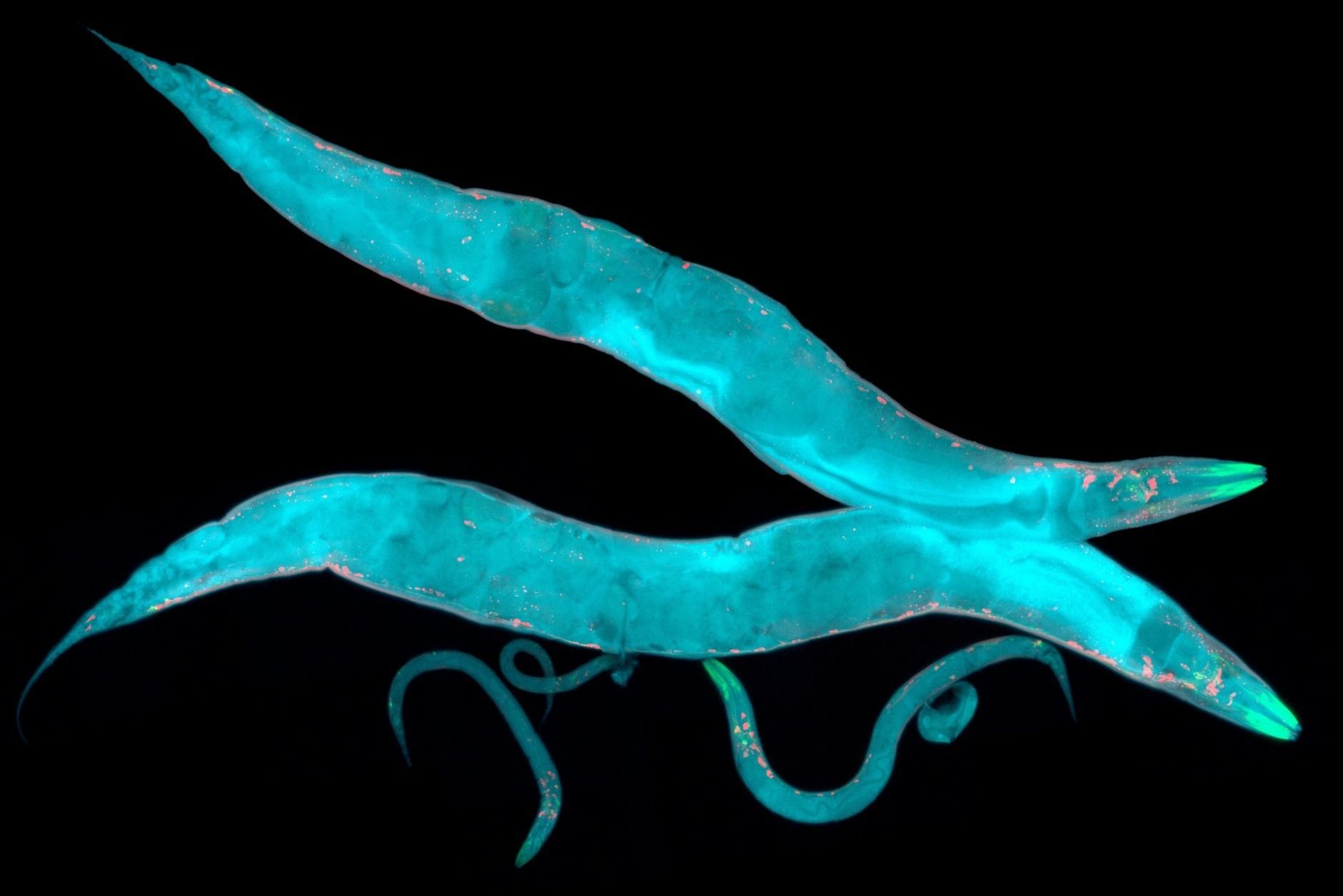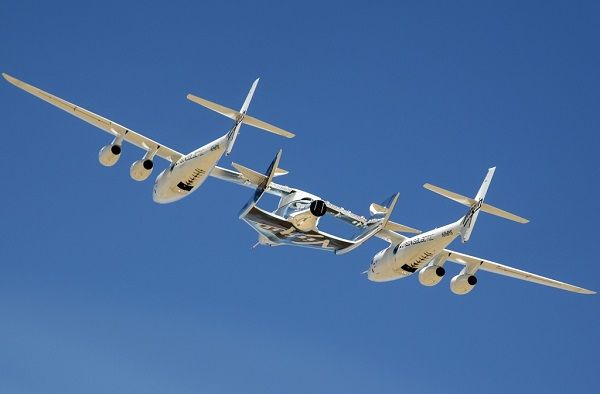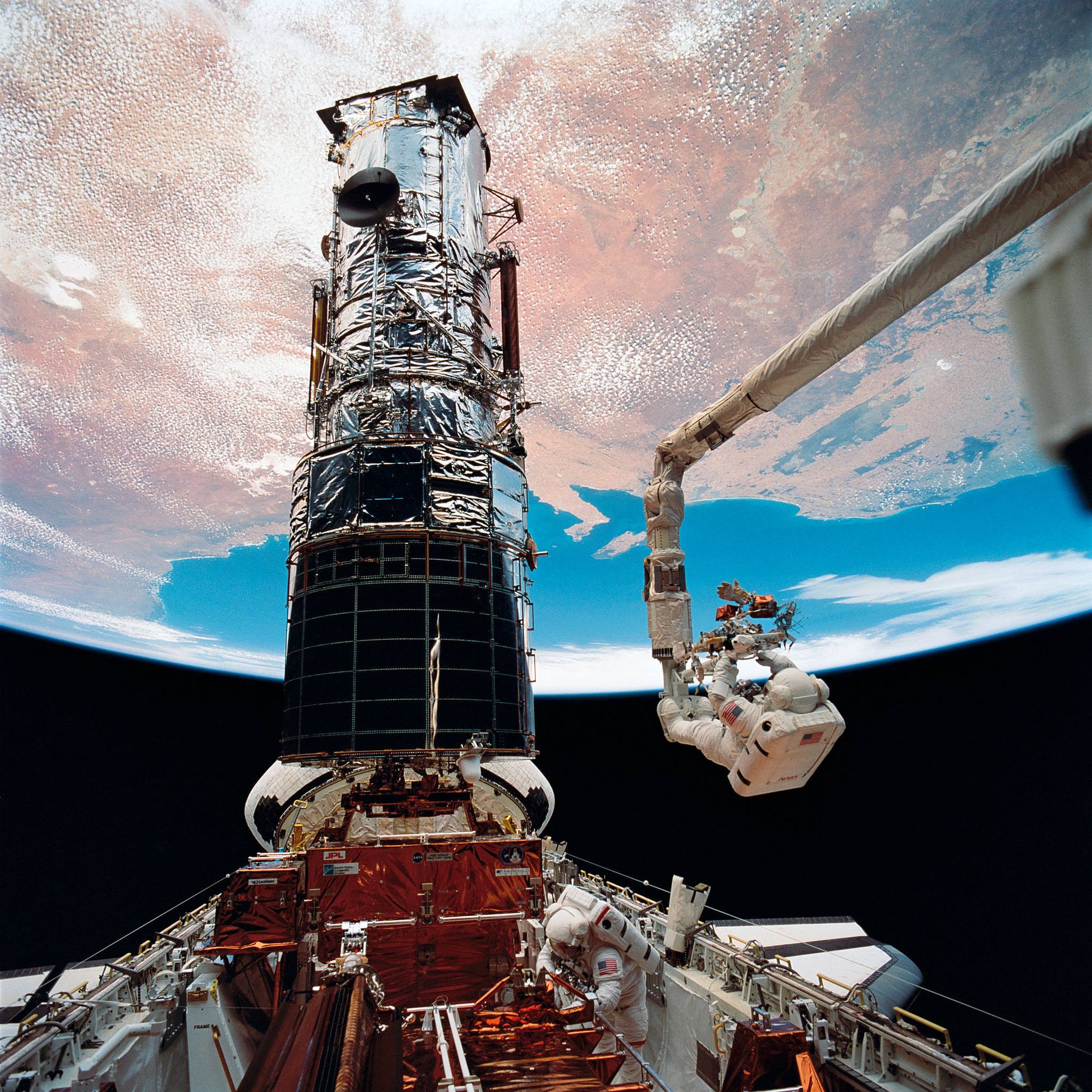China is getting set to launch the first-ever surface mission to the moon’s far side.
The robotic Chang’e 4 mission is scheduled to launch atop a Long March 3B rocket on Friday (Dec. 7) at around 1:30 p.m. EST (1830 GMT; 2:30 a.m. on Dec. 8 local China time).
If all goes according to plan, Chang’e 4’s lander-rover duo will touch down within the moon’s South Pole‐Aitken (SPA) basin after a 27-day flight, then study both the surface and subsurface of this region. [China’s Moon Missions Explained (Infographic)].
